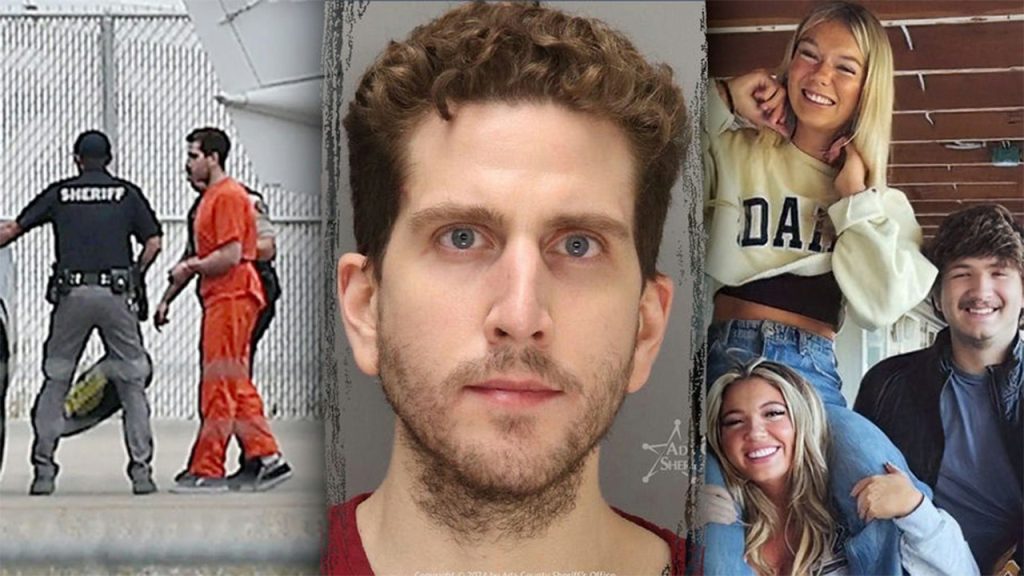The defense team for University of Idaho student murder suspect Bryan Kohberger is working hard to prevent the death penalty from being on the table for their client. They have submitted numerous court documents in response to prosecutors’ opposition to their legal maneuvers, with the hope of having two expert witnesses testify at a hearing in November. They are challenging the death penalty as potentially cruel or unusual punishment, pointing out that less than half of the states currently allow it and claiming that support for the death penalty is dwindling. Idaho, however, does have the death penalty, including the option of death by firing squad in certain cases.
One of the defense team’s challenges is against prosecutors’ assertion of Kohberger’s propensity for future dangerousness. They accuse the state and Idaho’s Supreme Court of confusing the definitions of manslaughter and murder, highlighting a past case of death row inmate Thomas Creech. Prosecutors announced their intent to seek the death penalty for Kohberger within 60 days of his arraignment, alleging that he has exhibited a propensity to commit murder that poses a continuing threat to society. Kohberger is accused of killing four people in a 4 a.m. attack, with two housemates surviving and one reporting seeing a masked man leave the scene.
Kohberger was studying for a Ph.D. in criminology at a nearby university at the time of the murders, and he entered not guilty pleas at his arraignment. The trial is expected to begin next year, and his defense team is working tirelessly to prevent the death penalty from being an option in the case. They are bringing in expert witnesses and challenging the death penalty as a whole, arguing that it goes against contemporary standards of decency. The defense team is also pushing back against prosecutors’ claims of Kohberger’s future dangerousness, accusing them of misunderstanding and misapplying legal definitions in the case.
The defense team is also highlighting discrepancies in the Idaho legal system, including the use of the death penalty and the definitions of manslaughter and murder. They are pointing to flaws in the state’s scheme for defining who should be death-eligible, with the hope of ultimately having the death penalty taken off the table for their client. Kohberger’s defense team is making use of all legal avenues available to them, submitting numerous court documents in response to prosecutors’ arguments and pushing for a fair trial for their client. As the November hearing approaches, Kohberger’s defense team is working diligently to ensure that the death penalty is not imposed if he is convicted in the case.


